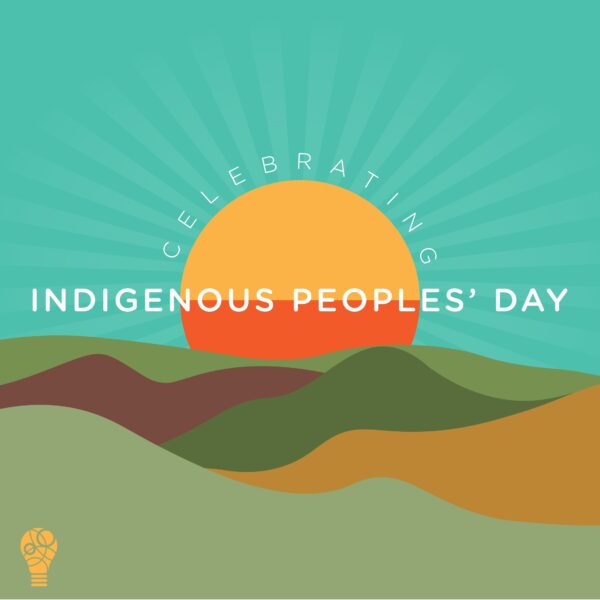
“Our country was conceived on a promise of equality and opportunity for all people — a promise that, despite the extraordinary progress we have made through the years, we have never fully lived up to,” President Biden said. “That is especially true when it comes to upholding the rights and dignity of the Indigenous people who were here long before the colonization of the Americas began.”
In an effort to recognize the Indigenous community, on October 8, 2021 President Biden announced the first-ever presidential proclamation recognizing Indigenous Peoples’ Day, declared as a national holiday alongside Columbus Day. This is a day to honor the cultures and histories of the Native American people. The day is centered around reflecting on their tribal roots and the tragic stories that hurt but strengthened their communities.
While this holiday is now recognized alongside Columbus Day the administration also made it clear that Columbus Day is not a day of celebration but must remain intact as acknowledgment of “the painful history of wrongs and atrocities that many European explorers inflicted on Tribal Nations and Indigenous communities.” For the Native Americans, Columbus Day was always hurtful as it glorified the violent past constituting 500 years of colonial torture and oppression by European explorers like Columbus and those who settled in America. Indigenous Peoples’ Day draws attention to the pain, trauma, and broken promises that were erased by the celebration of Columbus Day.
”It is a measure of our greatness as a Nation that we do not seek to bury these shameful episodes of our past – that we face them honestly, we bring them to the light, and we do all we can to address them,” Biden said addressing Columbus Day.